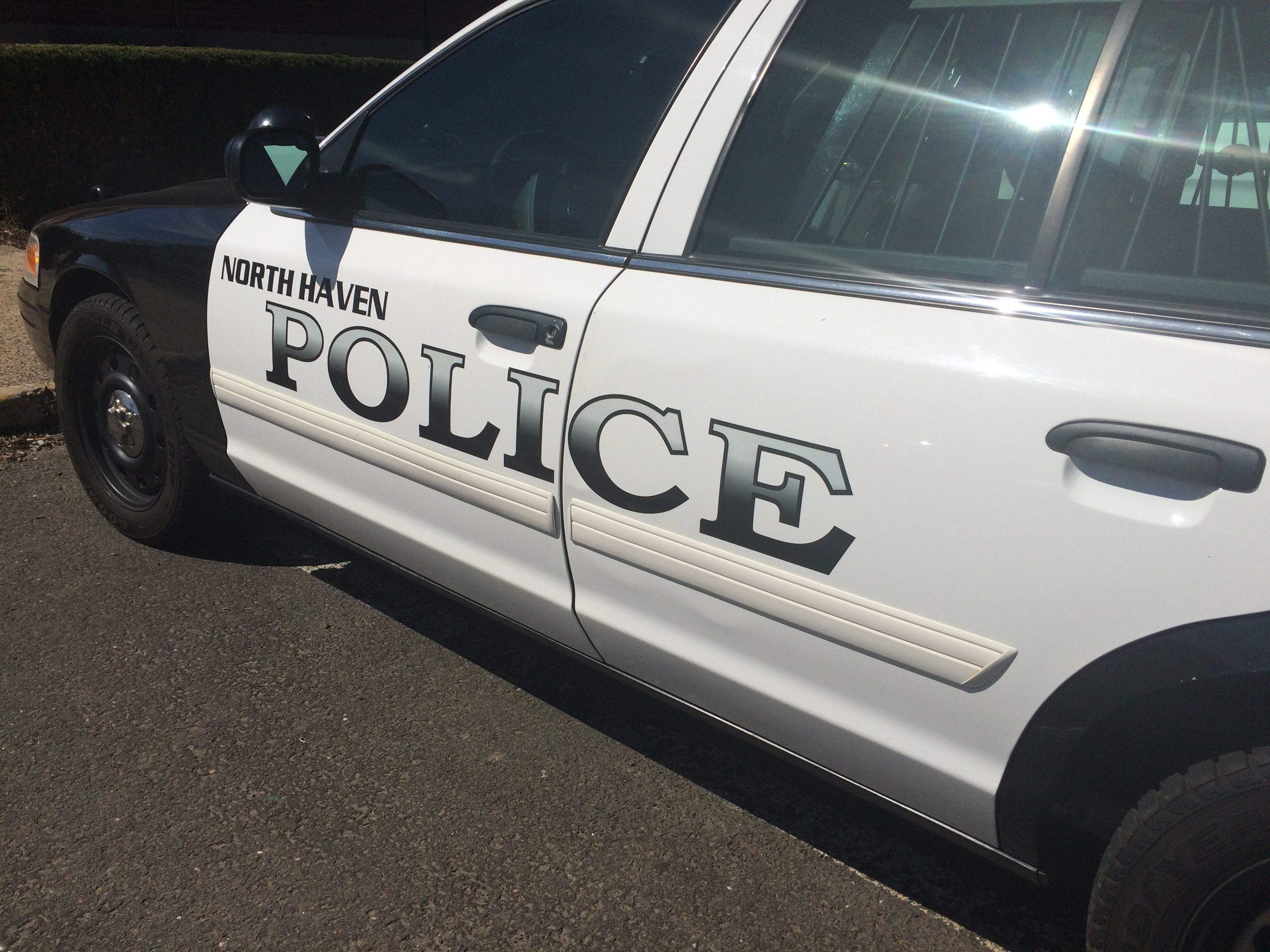A program here in Connecticut that was recommended to keep kids in school during the pandemic could now be rolled out nationwide.
The Biden administration announced an optional "Test to Stay" policy; it's essentially the same thing as Connecticut's "Screen and Stay" program, which was announced last month.
It allows unvaccinated students to stay in school even if they were in close contact with a Covid-19 positive student.
Get Connecticut local news, weather forecasts and entertainment stories to your inbox. Sign up for NBC Connecticut newsletters.
If a student was exposed during the school day and was masked or socially distant and they don't have any symptoms, they can remain in school.
The Biden administration plan would be similar but would require students to test negative at least twice during the week after exposure.
Here in Connecticut, more than 80% of school districts are using "Screen and Stay." In a survey, the schools said it has prevented a lot of missed education for kids who are already struggling after a year of remote learning. The other 14% not participating say it was just too confusing and too much work to add onto an already stressed education system.
Local
House Minority Leader Vincent Candelora said he understands the issues.
"What we are finding when I talk to my superintendents, they are spending more time trying to figure out what which parents fill out their paperwork, and who's eligible for the program, and not that they can't spend time on important administrative matters that they are inundated with. And so we're seeing a town like East Windsor announced today, they're not participating in the program," said Candelora.
"From the CEAs own words, every district was confused. They didn't know how to implement it, they're still questioning how to implement it," he continued.
The Connecticut Education Association said they're hearing from different school districts that they're pausing the program and going back to traditional quarantine methods.
"Unfortunately, we have seen a couple of situations where there's either been sleepovers or events that have really become spreader events. And so we've needed to reevaluate 'is this protocol working?' There's also like I mentioned, questions about whether or not the protocol is being followed through in the way that we need it to be in order for it to work well," President Kate Dias said.
"I think we have to somewhat marry this perhaps with some sort of surveillance testing protocol as well. Because one of the things we are seeing is students become infected, they don't necessarily know adults become infected, they don't necessarily know. So there needs to be a little bit of a protocol that marries the idea of screen and stay with a surveillance testing protocol, I think we can find this balance point," she continued.
Dias said that school districts are trying to make the best decisions for everyone. She said anything that keeps kids in-person learning is key.
Even as Covid-19 cases rise, there are no plans for remote learning. But Dias did say that could change if they encounter another problem.
"Unfortunately, if our numbers get too high, we start to actually, believe it or not, have more than anything a staffing issue. You know, we're already really tight with staff, we don't have a lot of extra people hanging around schools. So if we start to see infection rates go up, then we start to have a real problem with 'do we have enough adults to open buildings?' And so I think that's really the true question on the table is, if we see that uptick, it may force us to make decisions that no one wants to make," Dias said.
"Realistically, I think we have to start looking at how do we live with COVID? That's really been a thought that's heavy on our hearts right now, which is, this is not apparently going to be eradicated. That's the reality," she continued.



